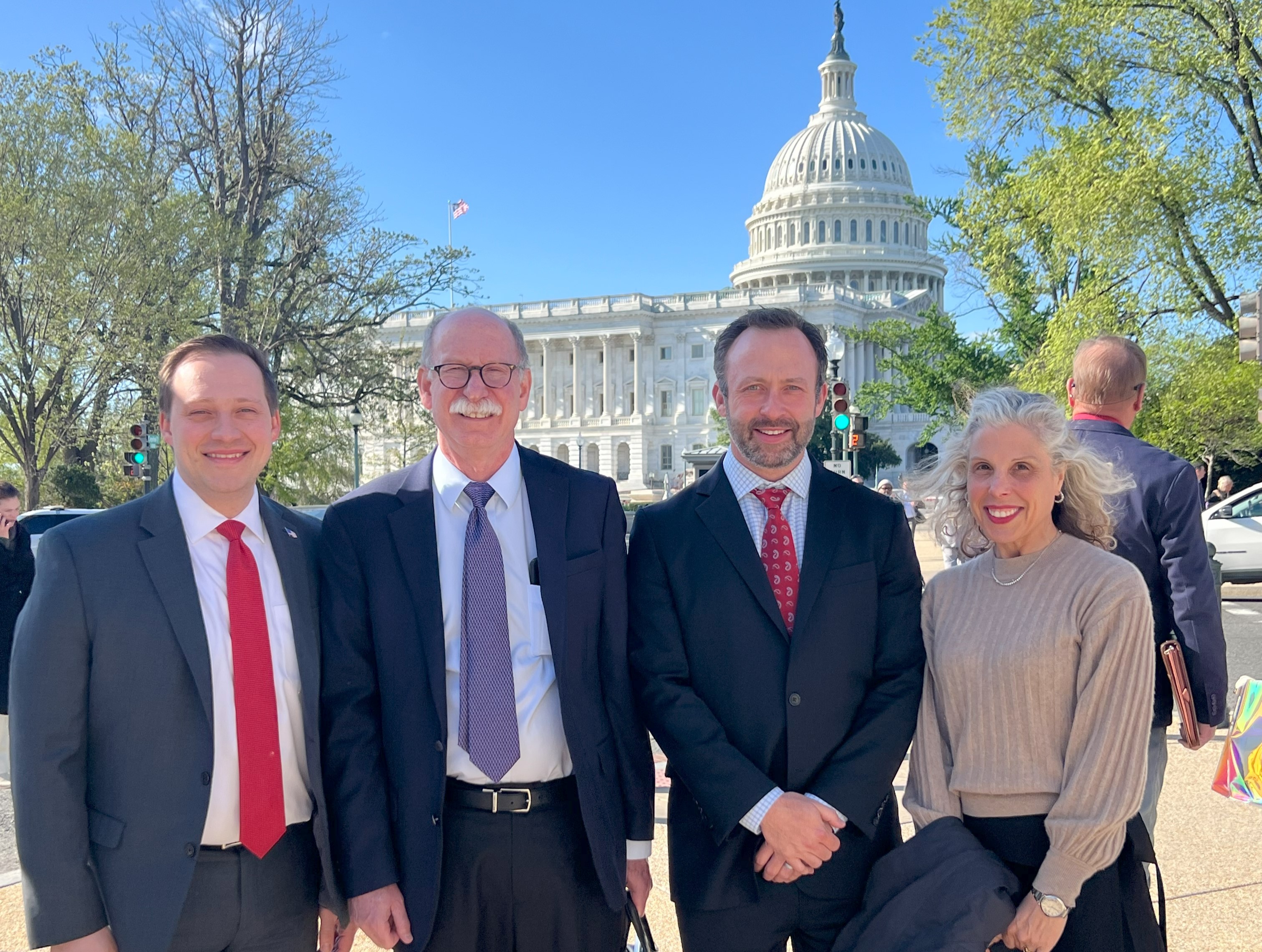Senator Hassan Signals Potential Bipartisan Path for Site-Neutral Payment ReformSept. 30, 2024 Hassan’s position reflects growing bipartisan momentum for policies ensuring Medicare reimburses the same amount for identical services, regardless of whether they are provided in a hospital or outpatient facility. These reforms would address the wide payment disparities that disproportionately benefit large hospital systems at the expense of independent practices—a central focus of LUGPA’s advocacy efforts. According to STAT News, at a September 26 event, Senator Maggie Hassan pointed out many of the problems with Medicare’s current payment system, noting how it unfairly pays different rates for the same services depending on where care is provided. Her comments align with LUGPA’s push for site-neutral payment reform. We aim to advocate for policies that remove these disparities and create a fairer system for independent practices, often getting lower reimbursement rates than hospital-owned facilities. However, the path forward has its challenges. Hospital groups, especially those representing rural hospitals, have voiced concerns that these reforms could financially strain their institutions. Senator Hassan acknowledged these concerns, mentioning to STAT that she’s in talks with Senator Bill Cassidy (R-LA) and other stakeholders to carve out exceptions or solutions for rural hospitals potentially. LUGPA recognizes the need for tailored solutions to ensure the success of all healthcare facilities. Independent practices provide high-quality, cost-effective care, and site-neutral payment reform will help level the playing field, allowing us to continue serving patients without the financial distortions that currently exist. The potential cost savings from site-neutral reforms are substantial—experts estimate over $100 billion could be saved over the next decade. These savings are vital as Congress faces decisions on funding other healthcare priorities. Hassan’s proposal to reinvest these savings into workforce training programs is particularly relevant to LUGPA members as we continue to highlight the urgent need for more nurses, allied health professionals, and urologists in the workforce. As we look ahead to 2025, LUGPA will continue to advocate for site neutrality, encouraging policymakers to recognize that fair reimbursement practices are crucial for sustaining independent practices and improving healthcare access for patients. |




